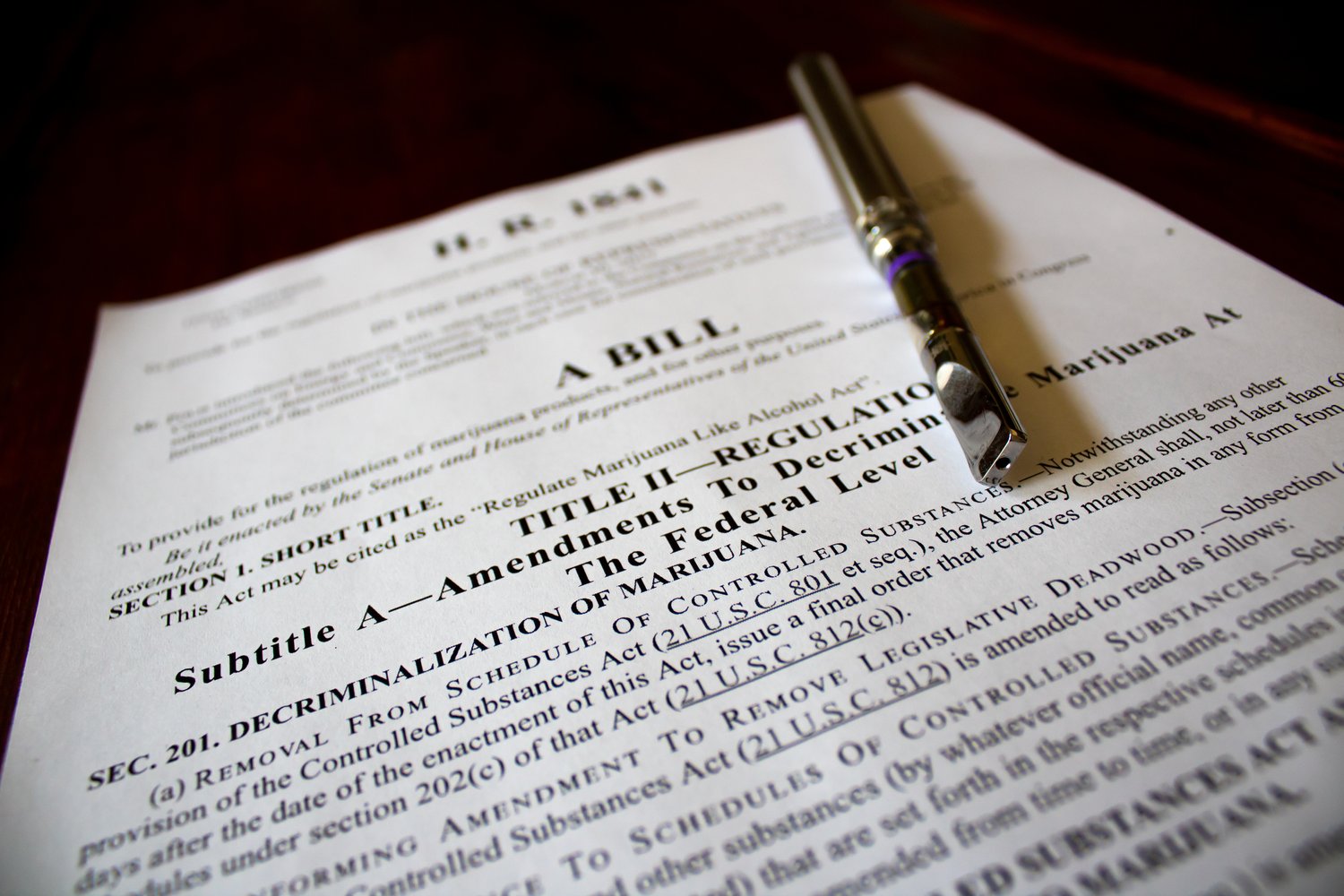
Environmental sustainability and cannabis seemingly go hand-in-hand. An extremely versatile crop, cannabis uses far less land and water compared to other major crops, and even reinvigorates soil. However, despite all that, plus its association with tree-hugging, hippie counterculture, cannabis may not be as green as you would think.
From the vast amount of energy required to grow indoors, to its demand for land and water, cannabis cultivation can leave a large environmental footprint. In addition, as the industry becomes more commercialized, cultivators are increasingly turning to the use of pesticides and nutrient additives to ensure a larger crop yield.
One of the factors hindering sustainability in the cannabis industry is the lack of federal reform. In particular, federal laws prohibiting interstate commerce of cannabis represent a major roadblock.
The state-by-state approach to legalization has created a fragmented industry, where states are forced to grow, process, package, and sell within their own borders. This makes consistent sustainability practices hard to come by. In certain parts of the country they have no other option than to grow indoors, a process that requires an enormous amount of energy. According to a 2020 report, cannabis cultivation comprises over 1% of total U.S. electricity use.
Take Nevada, for example, where adult-use cannabis has been legal since 2017. Recreational cannabis sales surpassed the $1 billion mark in 2021. Due to excessive, dry heat, most of the cannabis produced and sold in Nevada is grown in tightly controlled indoor environments. Arizona, another state in the Southwest, reported more than $1.23 billion in combined cannabis sales through the first 11 months of the 2021. However, most cannabis in the state is grown in greenhouses, as a way to provide some type of shielding from the extreme heat. Growing cannabis in the Northeast or Midwest may offer different weather, but poses its own unique set of problems that leads to a reliance on indoor grow operations.
For cannabis, there is an unprecedented opportunity for environmentally sustainable practices to be adopted while the industry is still in its somewhat early stages of legalization. There are certainly small steps cannabis operators can take on a state-level, from switching to LED lights, to using recyclable packaging, to switching to outdoor grow operations where feasible. However, federal drug reform represents a path to enhance the sustainability efforts of a growing industry.
Federal reform would open up interstate commerce. Imagine a scenario where outdoor cannabis grown in California, Oregon, or even in the Delta region of Mississippi, could be used to supply cannabis to Nevada, Arizona, or any other part of the country where it is difficult to grow cannabis outdoors.
It is not just cannabis cultivation that could benefit from allowing interstate commerce. A lot of cannabis packaging uses a process with single-use plastic and individual servings. In New York, where adult-use cannabis was legalized in 2021, new legislation was recently introduced to create sustainable cannabis packaging by incentivizing farmers to produce and use hemp-based products. Unlike most products, hemp can grow in most climates, and requires less water, and no pesticides. If federal reform were to happen, farmers in New York could potentially sell their products nationwide.
The movement to overhaul federal cannabis policy has gained momentum in recent years. President Joe Biden backed decriminalization of cannabis on the campaign trail, but he has not backed legalization efforts since he took office. Congress may offer the best path toward federal legalization for now. Recently, a bipartisan coalition of House lawmakers sent a letter to congressional leadership, demanding that a bill to federally legalize marijuana be “expeditiously” taken up by Congress. In the meantime, the onus of sustainable cannabis practices rests with the individual states.


